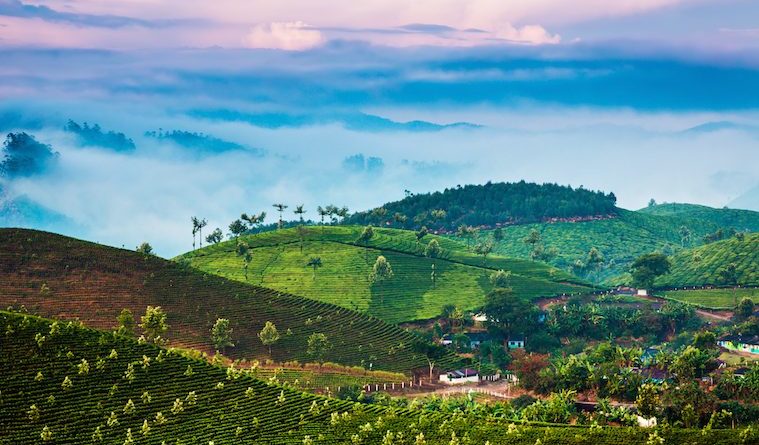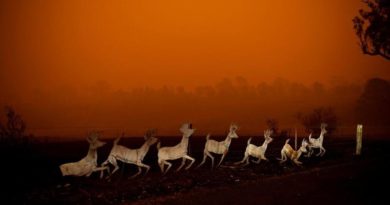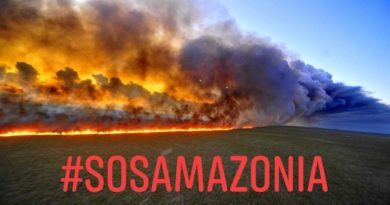Only 50% of fragile Western Ghats in draft protection plan
The Hindustantimes | The Madhav Gadgil Committee in 2010 recommended that 75% of the 129,037 sq km of the Western Ghats be declared ESA because of its dense, rich forest cover and large number of endemic species.
Four of the six Western Ghats states have agreed to declare only 31,387 sq km — about half of what K Kasturirangan Committee had recommended as — as ecologically sensitive areas (ESA) where mining, quarrying, and polluting industries will be banned.
Minutes of a meeting of these states with the environment ministry, held on February 15, 2019, show that Maharashtra, Tamil Nadu, Goa and Kerala have proposed to notify only about half of the recommended 60,000 sq km as ESA. Besides these states, Karnataka and Gujarat share areas with the ecologically fragile Western Ghats, a mountain range that runs parallel to India’s western coast.
The Madhav Gadgil Committee in 2010 recommended that 75% of the 129,037 sq km of the Western Ghats be declared ESA because of its dense, rich forest cover and large number of endemic species. Later, a panel headed by Kasturirangan, former Indian Space Research Organisation (Isro) chief, had scaled it down to 50%.
According to states’ responses to the Western Ghats ESA draft notification 2018, Goa said it plans to halve the area categorised as ESA, while Kerala has said it will restrict ESA to reserve forests, protected areas and world heritage sites excluding plantations, rocky outcrops and water bodies.
Against the Kasturirangan Committee recommendation that 1,461 sq km in 99 villages in Goa be declared ESA, the state plans to recognise 707 sq km, with 69 villages as a restricted zone. Karnataka has rejected the draft notification of 2018, while Tamil Nadu has agreed to shortly submit the geo-coordinates of the area to be declared as ESA.
Kerala has proposed to declare 8,656.46 sq km as ESA against the recommendation of 13,108.7 sq km with 123 villages in ESA.
The meeting concluded that considering the ecological importance of the Western Ghats, there will be no fragmentation of ESAs, which will be covered under a single notification.
The Centre has asked Western Ghats states to submit their concerns or views on prohibited and regulated activities in ESAs and the financial incentives they expect for implementing the same. The Gujarat government did not attend the meeting.
If the ESA is implemented according to Kasturirangan panel’s recommendations, there will be a complete ban on mining, quarrying, sand mining, thermal power projects, red-category industries such as chemicals, paper and pulp among others, besides new buildings and expansion projects with a built-up area of more than 20,000 sq m.
“The concept of ESAs is more relevant today than ever before. Instead of removing areas from such recognition, it is important to expand the principle of ecological sensitivity to the entire Western Ghats. Once that is done, different governance and regulatory practices can be developed through a deliberate process,” said Kanchi Kohli, legal researcher at the Delhi-based Centre for Policy Research.
“This will not just foreground the ecological sensitivity of the ghats but open the possibilities of resource use planning keeping jobs and livelihood security in mind,” she added.
In Kerala, the local population has not been consulted on ESA, which is against the Gadgil Committee recommendation, say residents.
“We have heard about ESA but we have no idea what it means. There is no warning system. Why would I make my house near the hill if I knew it was landslide prone? Nobody here has seen such horrifying disasters before. We are at God’s mercy now,” said Bhuvani Kanti, a construction labourer who lost his house in the Kavalappara landslide. Earlier this month, landslides triggered by heavy rains wiped away an entire village in Kavalappara.




